A Brief Look At Past Statements By Stephen Elop
10 min. read
Published on
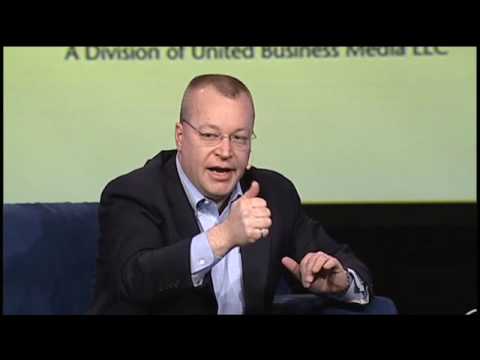
This is the part 2.5 in a series of 5 posts, in which we will take a very brief look at each of the potential candidates for Microsoft’s next CEO. Please read Part I on Satya “Nutella” Nadella: http://mspoweruser.com/a-brief-glimpse-at-satya-nadella-possibly-microsofts-next-ceo/
Stephen Elop is one of the leading candidates in the running for Microsoft’s next CEO. There was much controversy over a Bloomberg report that stated Elop would sell Bing and Xbox. Also in the report was a hint that Elop wanted Office on Android. I do not want to get into too much speculation as to why Dina Bass decided to publish the report, some say it was from people inside msft against Elop, others say it was from wall street, but either way it was clearly wrong. This can be evidenced by some commentary by Elop about Bing can be seen in one of the videos below. Elop was head of the business division while at Microsoft and oversaw the release of Office 2010. He was a strong believer in software+services (one of Microsoft’s mantras at the time) and believed bringing Office to the iPad was extremely important. He ended up leaving the company before this came to fruition, but I think it’s quite plausible Elop would want Office on Android too.
Below I have embedded a bunch of interview/talks with Stephen Elop which I thought were interesting. Some are during his time at Microsoft, and others are during his early days as CEO of Nokia. I took some notes while watching these videos, and here are some paraphrased quotes which I thought were interesting. Please watch the videos for the full context of the quotes:
“Way that insight is provided through technology, not be searching the way they are today” – Elop stated this in a discussion of his thoughts on the future. His thinking was that machine learning would advance to the point where he would not have to manually search items, but could automatically be told things based on a set of parameters. This highlights how important he believes search engines are, and would not be likely to sell Bing.
“How people express themselves to and from technology is rapidly changing…Touch, beyond keyboard and mouse”
“Seamless and secure connections…communications” – Elop oversaw Lync, certainly he would consider Skype a key asset if he were in charge of Microsoft
“Software + Services changes business models, changes architecture” – Windows Azure comes to mind here
“No longer a battle of devices but a war of ecosystems” I think this has turned out to be quite true. Elop discusses the importance of Bing, and talks about a deal Blackberry had made to put Bing and office interoperability of their devices. Again, why would Elop sell Xbox, if it’s part of the ecosystem?
Before he came into the public eye as the high profile Nokia CEO he served in a number of other positions at prominent technology companies. Where he really came to prominence was during his time at Macromedia. There are a number of crazy stories during his time there, which unfortunately I cannot discuss without potentially revealing sources. But he eventually rose to become CEO before selling the company off to Adobe. After a year at Adobe he went off to Juniper Networks, where he was personally recruited by Ballmer to come to Microsoft, and the rest is history.
Enjoy the videos below, I think it’s fascinating to see someone’s positions and philosophies from before they are extremely prominent or in their current position. It often gives you insight into who the person really is:
Talk with Tim O’Reilly
Discussion with Walt Mossberg
Short talk with Kara Swisher
Shortly after becoming Nokia CEO, at a talk at his alma mater McMaster University (he donated over 100k in 2004)
https://www.youtube.com/watch?v=Oj5XUoiGzwc
Recent video of Elop handling an awkward question
https://www.youtube.com/watch?v=vvT5jaHoQ5E
When CEO important to be able to handle the media well, Elop at his finest here:
Elop talking to a buddy at Adobe
http://www.youtube.com/watch?v=6K1vi_wFR9U
Also, read the “Burning Platform” memo one more time, it will give you chills. There may be some pressure for him to write one while at Microsoft, we’ll discuss this at a later time more in depth:
There is a pertinent story about a man who was working on an oil platform in the North Sea. He woke up one night from a loud explosion, which suddenly set his entire oil platform on fire. In mere moments, he was surrounded by flames. Through the smoke and heat, he barely made his way out of the chaos to the platform’s edge. When he looked down over the edge, all he could see were the dark, cold, foreboding Atlantic waters.
As the fire approached him, the man had mere seconds to react. He could stand on the platform, and inevitably be consumed by the burning flames. Or, he could plunge 30 meters in to the freezing waters. The man was standing upon a “burning platform,” and he needed to make a choice.
He decided to jump. It was unexpected. In ordinary circumstances, the man would never consider plunging into icy waters. But these were not ordinary times – his platform was on fire. The man survived the fall and the waters. After he was rescued, he noted that a “burning platform” caused a radical change in his behaviour.
We too, are standing on a “burning platform,” and we must decide how we are going to change our behaviour.
Over the past few months, I’ve shared with you what I’ve heard from our shareholders, operators, developers, suppliers and from you. Today, I’m going to share what I’ve learned and what I have come to believe.
I have learned that we are standing on a burning platform.
And, we have more than one explosion – we have multiple points of scorching heat that are fuelling a blazing fire around us.
For example, there is intense heat coming from our competitors, more rapidly than we ever expected. Apple disrupted the market by redefining the smartphone and attracting developers to a closed, but very powerful ecosystem.
In 2008, Apple’s market share in the $300+ price range was 25 percent; by 2010 it escalated to 61 percent. They are enjoying a tremendous growth trajectory with a 78 percent earnings growth year over year in Q4 2010. Apple demonstrated that if designed well, consumers would buy a high-priced phone with a great experience and developers would build applications. They changed the game, and today, Apple owns the high-end range.
And then, there is Android. In about two years, Android created a platform that attracts application developers, service providers and hardware manufacturers. Android came in at the high-end, they are now winning the mid-range, and quickly they are going downstream to phones under €100. Google has become a gravitational force, drawing much of the industry’s innovation to its core.Let’s not forget about the low-end price range. In 2008, MediaTek supplied complete reference designs for phone chipsets, which enabled manufacturers in the Shenzhen region of China to produce phones at an unbelievable pace. By some accounts, this ecosystem now produces more than one third of the phones sold globally – taking share from us in emerging markets.
While competitors poured flames on our market share, what happened at Nokia? We fell behind, we missed big trends, and we lost time. At that time, we thought we were making the right decisions; but, with the benefit of hindsight, we now find ourselves years behind.
The first iPhone shipped in 2007, and we still don’t have a product that is close to their experience. Android came on the scene just over 2 years ago, and this week they took our leadership position in smartphone volumes. Unbelievable.
We have some brilliant sources of innovation inside Nokia, but we are not bringing it to market fast enough. We thought MeeGo would be a platform for winning high-end smartphones. However, at this rate, by the end of 2011, we might have only one MeeGo product in the market.
At the midrange, we have Symbian. It has proven to be non-competitive in leading markets like North America. Additionally, Symbian is proving to be an increasingly difficult environment in which to develop to meet the continuously expanding consumer requirements, leading to slowness in product development and also creating a disadvantage when we seek to take advantage of new hardware platforms. As a result, if we continue like before, we will get further and further behind, while our competitors advance further and further ahead.
At the lower-end price range, Chinese OEMs are cranking out a device much faster than, as one Nokia employee said only partially in jest, “the time that it takes us to polish a PowerPoint presentation.” They are fast, they are cheap, and they are challenging us.
And the truly perplexing aspect is that we’re not even fighting with the right weapons. We are still too often trying to approach each price range on a device-to-device basis.
The battle of devices has now become a war of ecosystems, where ecosystems include not only the hardware and software of the device, but developers, applications, ecommerce, advertising, search, social applications, location-based services, unified communications and many other things. Our competitors aren’t taking our market share with devices; they are taking our market share with an entire ecosystem. This means we’re going to have to decide how we either build, catalyse or join an ecosystem.
This is one of the decisions we need to make. In the meantime, we’ve lost market share, we’ve lost mind share and we’ve lost time.
On Tuesday, Standard & Poor’s informed that they will put our A long term and A-1 short term ratings on negative credit watch. This is a similar rating action to the one that Moody’s took last week. Basically it means that during the next few weeks they will make an analysis of Nokia, and decide on a possible credit rating downgrade. Why are these credit agencies contemplating these changes? Because they are concerned about our competitiveness.
Consumer preference for Nokia declined worldwide. In the UK, our brand preference has slipped to 20 percent, which is 8 percent lower than last year. That means only 1 out of 5 people in the UK prefer Nokia to other brands. It’s also down in the other markets, which are traditionally our strongholds: Russia, Germany, Indonesia, UAE, and on and on and on.
How did we get to this point? Why did we fall behind when the world around us evolved?
This is what I have been trying to understand. I believe at least some of it has been due to our attitude inside Nokia. We poured gasoline on our own burning platform. I believe we have lacked accountability and leadership to align and direct the company through these disruptive times. We had a series of misses. We haven’t been delivering innovation fast enough. We’re not collaborating internally.
Nokia, our platform is burning.
We are working on a path forward — a path to rebuild our market leadership. When we share the new strategy on February 11, it will be a huge effort to transform our company. But, I believe that together, we can face the challenges ahead of us. Together, we can choose to define our future.
The burning platform, upon which the man found himself, caused the man to shift his behaviour, and take a bold and brave step into an uncertain future. He was able to tell his story. Now, we have a great opportunity to do the same.
Stephen.
Next we will take a look at Kevin Turner



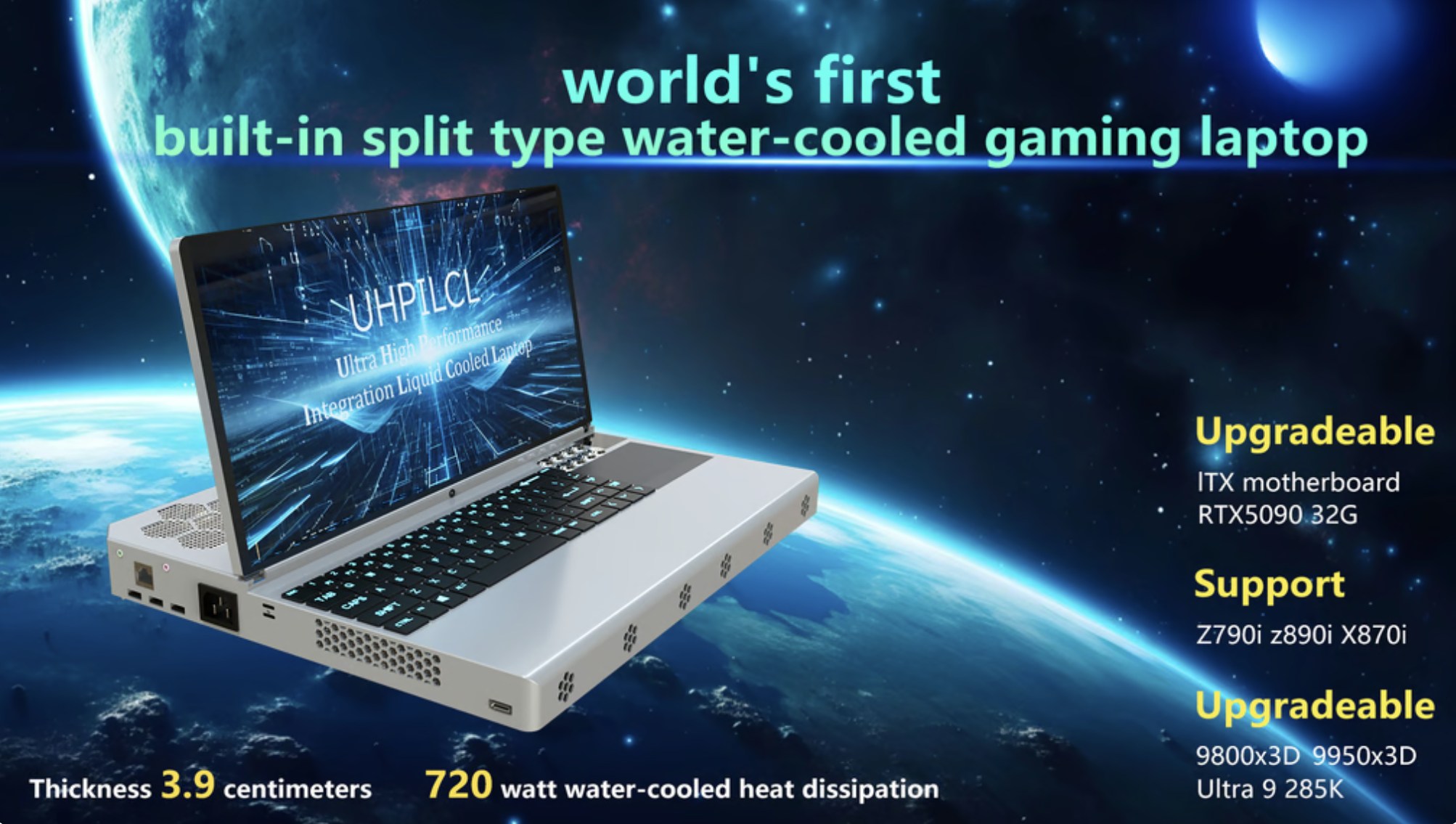
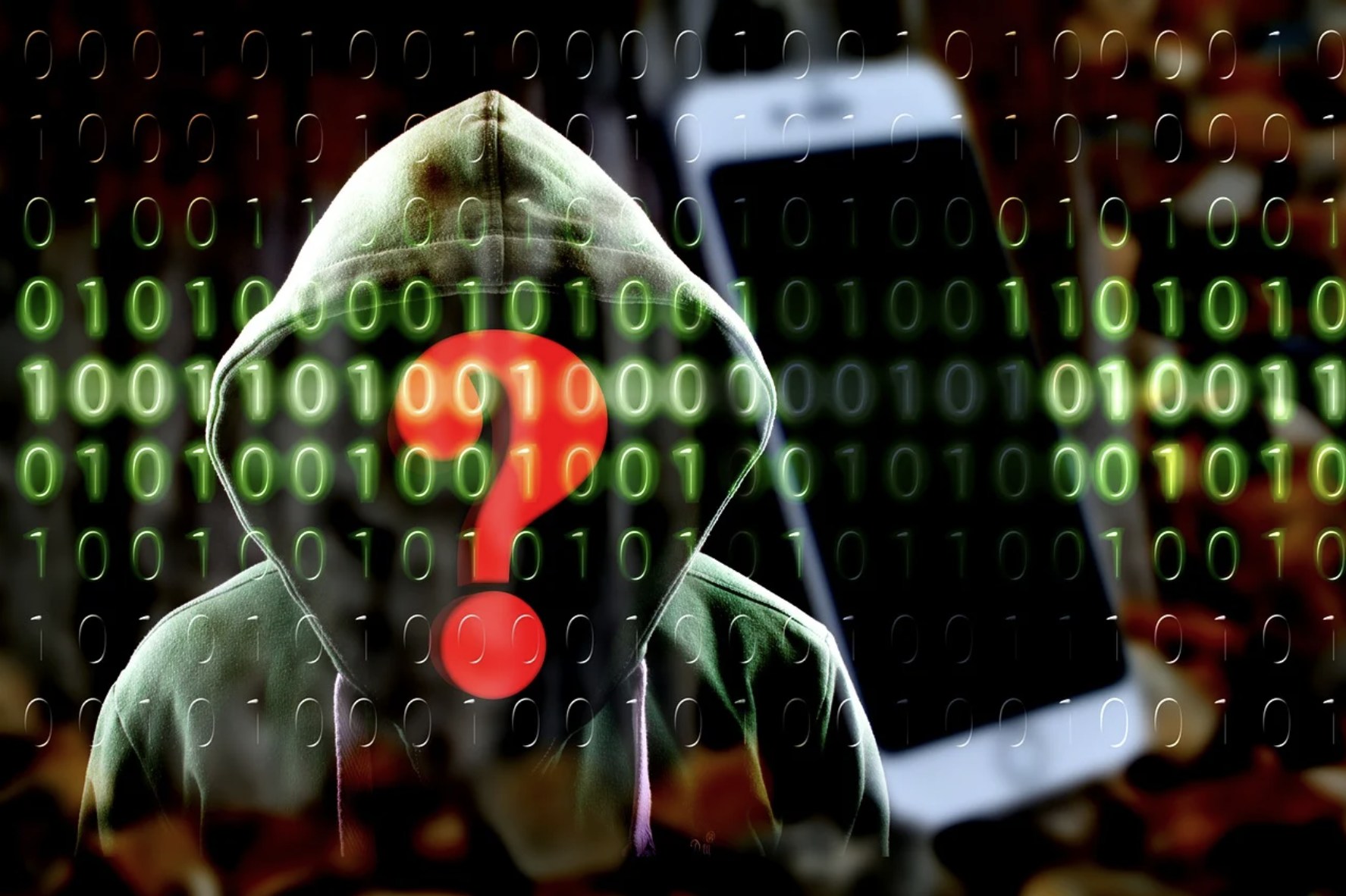
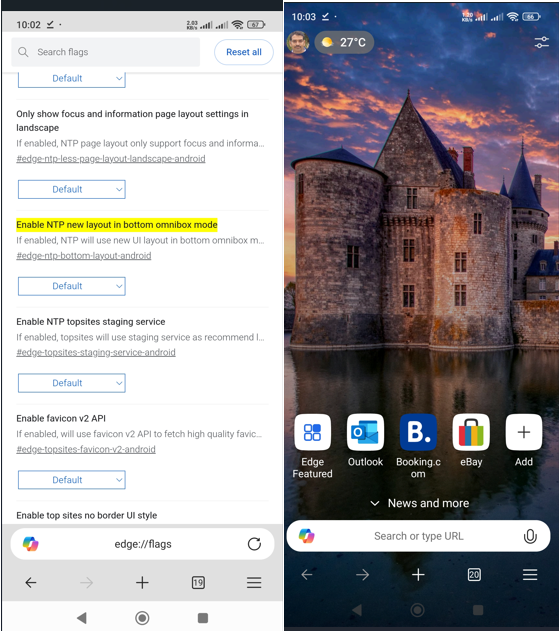

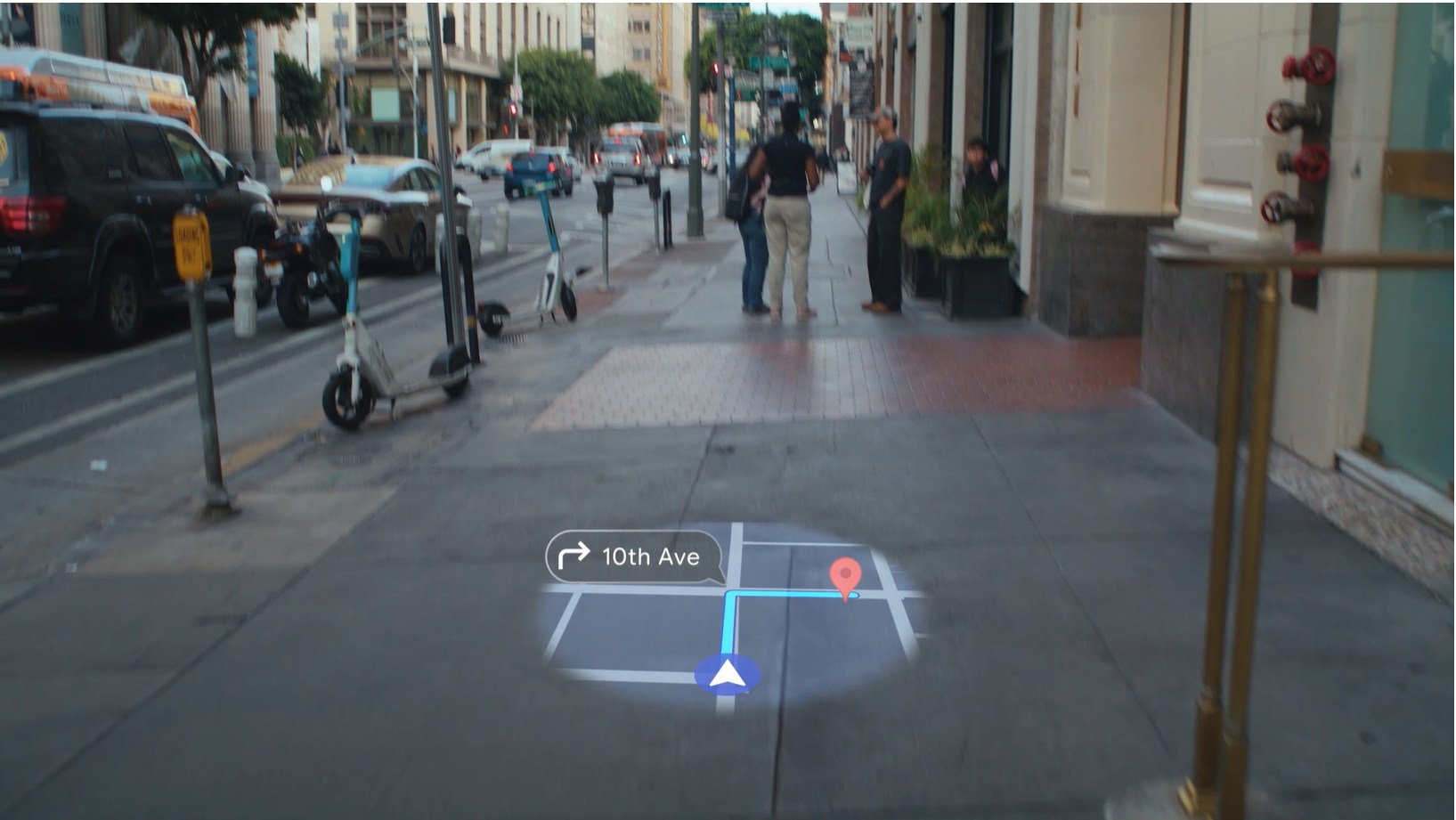
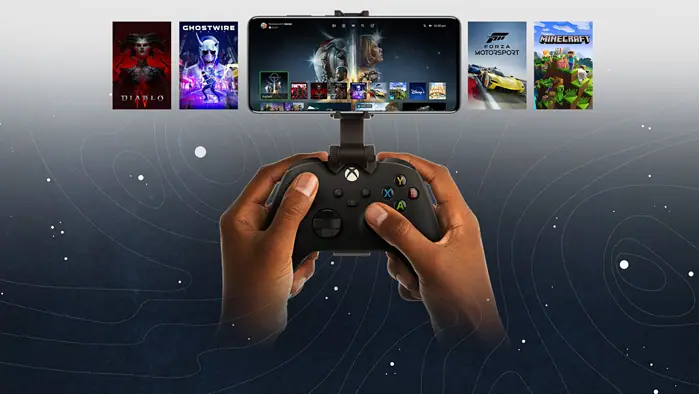
User forum
0 messages